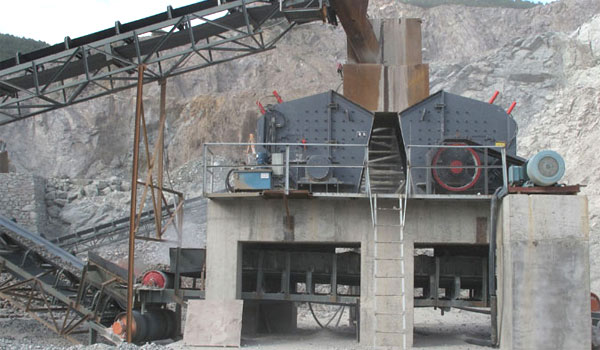Shale rock crushers are specialized machines designed for the efficient crushing of shale materials, which are typically soft to medium-hard in texture. Shale rock is often used in the construction of roads, buildings, and other infrastructure due to its durability when processed into aggregates. For effective and long-term operation, having reliable technical service for shale rock crushers is essential to maintain peak performance, minimize downtime, and maximize production efficiency. This technical service includes installation, maintenance, troubleshooting, and upgrading of equipment.
Installation Service
The installation of a shale rock crusher requires careful planning and execution to ensure that all components are properly assembled, tested, and calibrated. Technical service providers assist with the initial setup, including placing the crusher in its operational environment, ensuring that power supply connections are correct, and that the necessary safety measures are in place. The service may also include training for personnel on how to properly operate the crusher and handle initial production runs. Technicians verify that all systems are aligned, balanced, and configured correctly to avoid premature wear or failure.

Routine Maintenance
Shale rock crushers, like all heavy machinery, need routine maintenance to ensure consistent performance. Technical services for maintenance typically involve periodic inspections and adjustments, including checking the wear parts (e.g., jaw plates, hammers, or concaves), lubricating moving parts, and replacing worn-out components. Shale rock crushers are exposed to high-stress environments, so frequent maintenance checks ensure that there are no safety issues or operational inefficiencies. Regular maintenance can also help extend the lifespan of the equipment, reduce the frequency of repairs, and optimize the crusher’s output.
Key maintenance activities include:
- Lubrication of bearings and other moving parts to reduce friction and wear.
- Inspection of wear parts for signs of cracking, fatigue, or significant wear, which may necessitate replacement.
- Cleaning and removal of debris that can clog or damage the crusher.
- Alignment checks to ensure that components like the crusher’s motor and drive belts are correctly positioned.
Troubleshooting and Repairs
Despite regular maintenance, shale rock crushers can experience issues that hinder their performance. When problems arise, technical services focus on diagnosing the issue and providing the necessary repairs. Common issues in shale crushers include motor failure, uneven material feeding, or blockages in the crusher chamber. Technicians use diagnostic tools to identify the root causes of performance drops or malfunctions and ensure the machine runs at peak efficiency once repairs are completed.
In cases of mechanical failure, technical service teams will remove damaged components and replace them with high-quality spares. The service may involve both onsite repairs and taking parts back to a workshop for extensive fixes. For more complex problems, services may include full system overhauls or upgrades to improve crusher efficiency, such as improving the power transmission system or adding advanced automation.
Upgrades and Optimization
As technology evolves, newer models of shale rock crushers are introduced with more advanced features. A good technical service team will be able to advise on potential upgrades for older machines, improving performance, safety, and energy efficiency. For example, crushers can be outfitted with automation and control systems to optimize processing speeds, reduce downtime, and ensure consistent product quality.
Upgrades can also include the addition of vibration monitoring systems, better dust control mechanisms, or modifications to the crusher’s feeding system to handle larger volumes of shale or different rock types. These improvements often result in lower operating costs, reduced environmental impact, and better alignment with industry standards.
Conclusion
Technical service for shale rock crushers is essential for ensuring efficient, long-term operation. It involves installation, routine maintenance, troubleshooting, and upgrades. By regularly maintaining and optimizing crushers, operators can reduce downtime, avoid costly repairs, and improve overall production efficiency. A proactive approach to technical service ensures that shale rock crushers continue to perform at optimal levels, minimizing disruptions and maximizing productivity.
